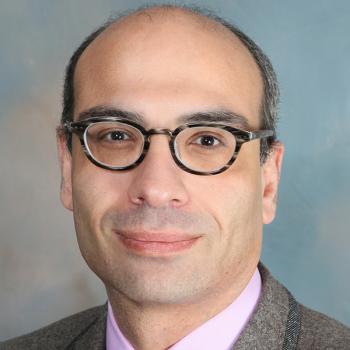The current holder of the highest clerical rank in Shia Islam is eighty-nine-year-old Ali al-Sistani, who is based in Najaf, Iraq. Sistani has played an important role in Iraq’s post-Saddam era, supporting political reconciliation and a constitution-based society. While the transnational reach of marjaiya will likely diminish after Sistani leaves the scene, the specific contours of this shift and Tehran's efforts to intervene remain an open question.


